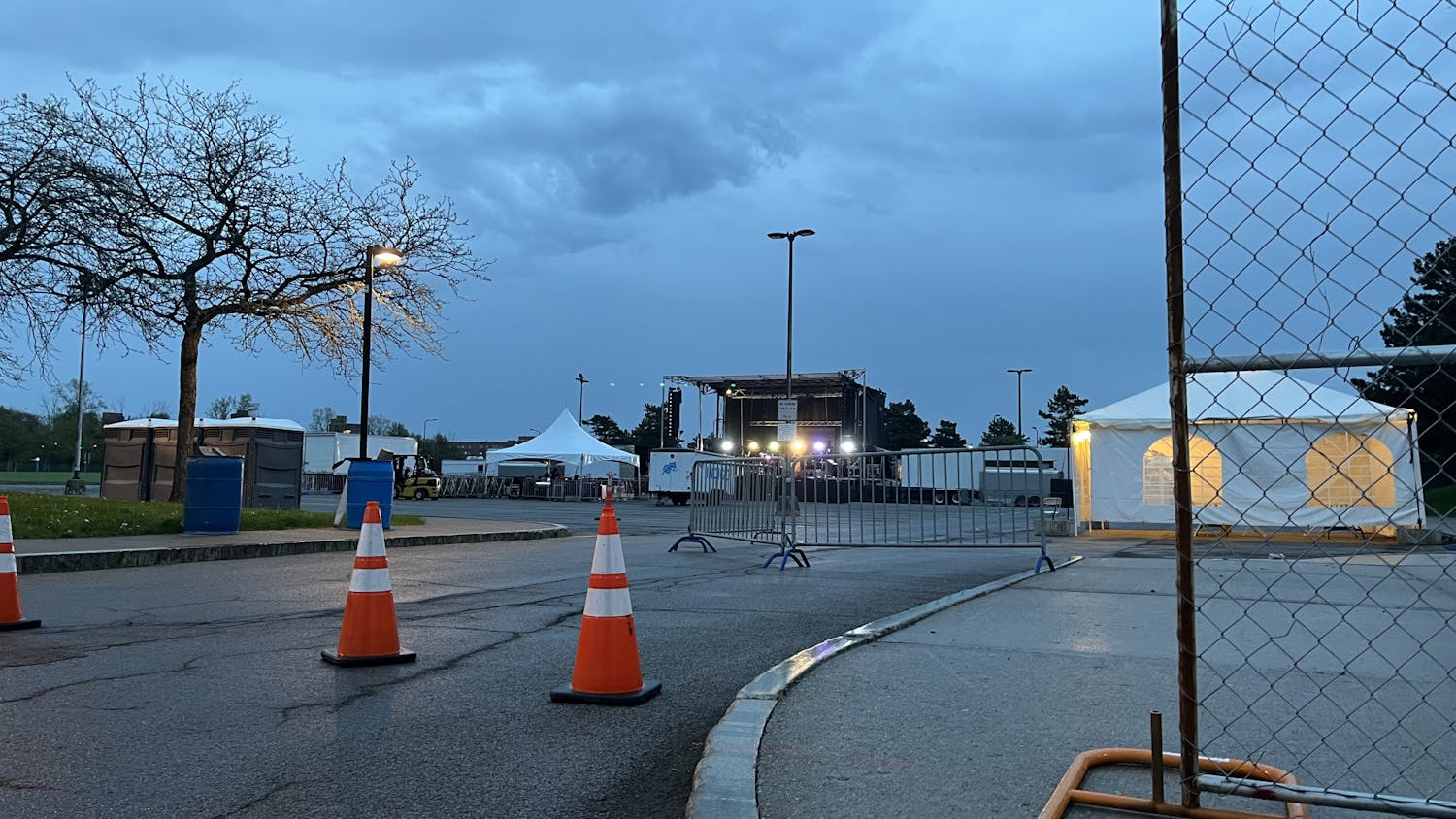A functioning free press reports on wrongdoing throughout our society, from big bad business and corrupt bureaucrats to drug dealers and domestic abusers. Investigative stories almost always rely on an insider talking to a reporter, oftentimes at steep personal risk, as the Judith Miller jailing fiasco demonstrates. Journalists need to protect these anonymous sources, as they are protected by the first amendment, to ensure they will continue to come forward. When the press faces constraints and roadblocks at every turn, it ceases to be free and falls into the realm of a propagandist, similar to what the old Soviet Union faced.
Miller, who is a New York Times reporter, was freed from jail Thursday afternoon after serving 85 days for refusing to reveal a confidential source to a grand jury investigating who leaked the identity of an undercover CIA operative, Valerie Plume. Miller was found in civil contempt of court last fall and began serving time soon after.
Her jailing was troubling in that it represents a trend that finds reporters being increasingly pressured to reveal confidential sources, which threatens the newsroom's ability to effectively inform the public as to what they have a right to know. Imagine a worker who discovers that her employer has been polluting the local water supply and paid off the authorities who enforce environmental law. Would she expect management or law enforcement to help her out? Of course not, her only outlet for exposing the criminality would be the press. If she had no guarantee that her identity would be protected, would she come forward? Most likely she wouldn't. An independent reporter is often the only person a whistle blower can trust. Taking away confidentiality protection would prevent people from all walks of life from coming forward with what they know. This would be a travesty and would diminish our freedom in the long run.
A recent report released by the Government Accountability Office found the Bush administration had disseminated "covert propaganda" in the U.S., which is violation of a statutory ban. The White House violated the law by making payments to conservative commentators for favorable news coverage of Bush's medical and education policies, while paying for fake newscasts and articles purporting to be the real thing. Anonymous sources become even more important in a day and age where the line has been blurred separating truth from fiction, news from propaganda. Confidential sources ensure a balance to dubious reporting of the aforementioned sort.
The next step should now be to enact a federal statute protecting journalists from any government entity attempting to force the disclosure of a confidential source. Currently, 31 states and the District of Columbia have "shield laws" in place for journalists to protect sources, while the federal government has no such law protecting journalists. Without any such law, the public's ability to check its most powerful government is severely compromised.
Judy Miller found herself caught up in circumstances largely out of her control and it's possible she and the New York Times were not clear on the instructions her source gave her pertaining to his confidentiality agreement. Regardless, she should never have been put in the situation to begin with. If a "shield rule" were in place this never would have happened nor gotten to the point it did. Though the Times and Miller seem to be playing the "heroic reporter" angle up to their advantage, they are undoubtedly right on the principles they are standing up for. A free press is vital to our society, especially in light of our government's efforts to export freedom and democracy worldwide.




